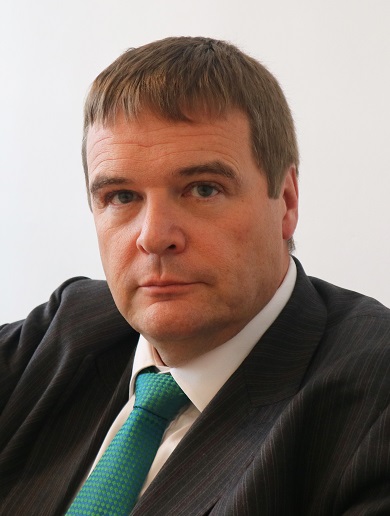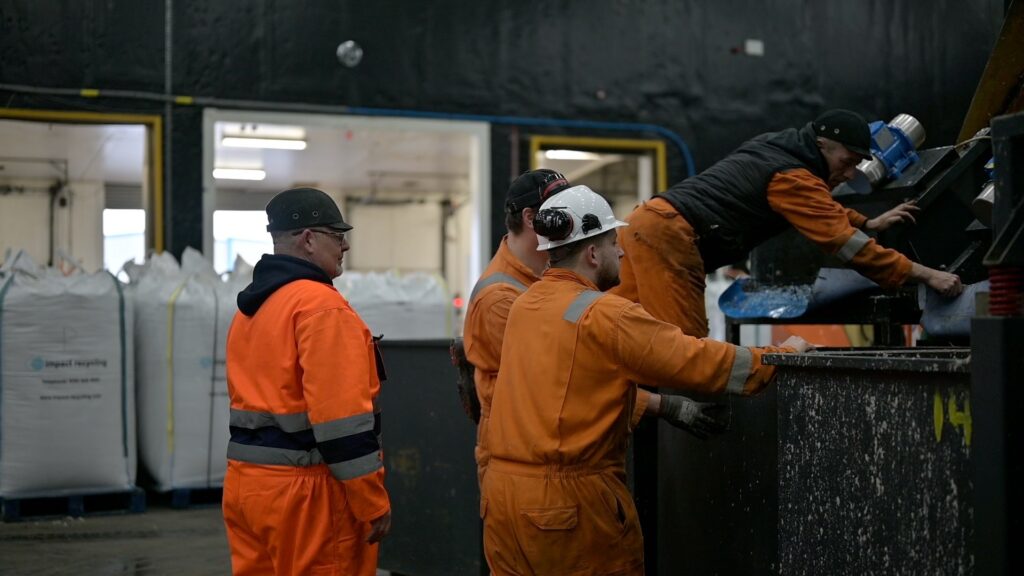The recommendation was made in the second report by Dr Church into the role of incineration in Scotland, commissioned by the government.
The report makes eleven recommendations, which build on the recommendations made in Dr Church’s first report published in May last year (see letsrecycle.com story).
Scotland adopted all of the last recommendations, which included a moratorium on new plants.
Recommendations
One which stands out in today’s report is a recommendation to stop the incineration of plastics. It suggests that the Scottish government and the Scottish Environment Protection Agency (SEPA) put in place “robust arrangements” by 2025 to stop fossil-based plastic from being incinerated in Scotland from the beginning of 2030. An exception applies where this is required for hazardous waste disposal.
Another recommendation outlines that the Scottish government “should do what is within its powers to ensure that there is no increase – and ideally a significant decrease – in the export of plastic waste”.
Some other recommendations included taking forward policies to reduce plastic production and use, promoting source segregation of all plastics, and implementing advanced sorting to remove plastics from black bag waste as well as using the heat from incinerators where possible.

Dr Colin Church said that while incineration remains more climate-friendly than disposing of waste in landfill, this advantage will “erode over a relatively short time without further action”.
“That is why my second report sets out a series of recommendations to improve the carbon impact of residual waste treatment, of which the most urgent and potentially most impactful is the cessation this decade of the incineration of plastic,” he added.
First report
The publication of the second report follows a review into incineration, which Dr Church completed in May 2022.
Alongside the ban on new plants, other recommendations called on the government to set out an indicative cap that declines over time for the amount of residual waste treatment needed.
As a result of Dr Church’s recommendation, Scotland committed to a moratorium on new energy from waste plants. A new national planning policy was introduced through ‘national planning framework 4’, which was presented to the Scottish Parliament in November last year. This policy “makes clear that the Scottish Government does not support the development of further incineration capacity in Scotland, with very limited exceptions”.
Conclusions
Dr Church’s second report concluded that “the quickest and most reliable route to reduce the carbon impact of incineration is stopping all plastic from being incinerated”.
It then touched on carbon capture, use and storage, noting its “significant potential” in the transition to net zero. However, it warned on the many barriers standing in the way of its deployment. “It is far from clear how quickly any contribution can be realised, nor how extensively,” the report explained, adding that it therefore shouldn’t be relied upon to deliver carbon neutrality.
Similarly, it acknowledged the role that combined heat and power connected to a heat network or other local heat user can play in improving the carbon performance of incinerators. That role is however “limited” due to a number of factors and “will almost certainly decrease over time”, the report outlined, deeming it “not a reasonable justification for incineration”.








Subscribe for free